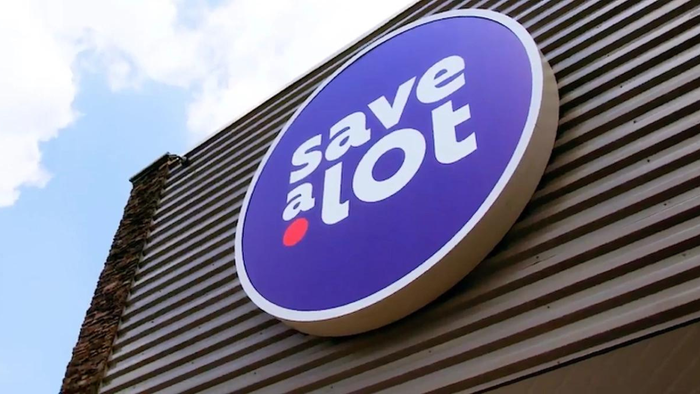Food Forum: Pause before you cause
January 1, 2018
Companies can do the most good by choosing a cause that fits the corporate culture and supporting it in a big way. By Jyoti Stephens As a triple-bottom-line company, Nature’s Path Organic Foods has always had a strong corporate social responsibility mandate. We’ve found that in this economic climate, consumers are expecting companies to do much more to support their communities. Like many companies though, for a long time we were scattered in our corporate giving and cause-related marketing, because—let’s face it—there are so many worthy causes and it can be hard to say no to not-for-profits who do exciting and meaningful work. While we were helping a lot of organizations through product or financial donations, we found it difficult to communicate so many disparate initiatives to our customers in an impactful way. In 2009, however, our approach completely changed after learning that in the past year the number of people visiting food banks in North America was way up but that food donations were way down. Something just clicked for us then. As an organic food company, we believe that everyone deserves to have access to healthy, organic food. Alleviating hunger in a way that fit our values was our obvious cause. This epiphany prompted us to launch our first annual “Put your Compassion into Action” event in Vancouver, Canada, where with the help of many wonderful local food companies, we served the community a free organic breakfast and collected food and monetary donations for the Greater Vancouver and Richmond Food Banks. In just one morning, we raised over $250,000 in cash and food and fed 1,500 Vancouverites a free organic breakfast. This year our goal is to raise $1 million in cash and food for feeding programs across North America. Continuing on this success, in May 2010, we launched our “Gardens for Good” grant program in the U.S., where we will be awarding two deserving organizations serving communities in need a $25,000 grant to plant an organic garden. Applications are submitted online through a social media site, Justmeans.com, and then are voted on by the public. In June, we launched a similar grant program in Vancouver. We’re working to help Nature’s Path’s name become synonymous with alleviating hunger with healthy, organic food in the minds of our consumers. We hope that other companies can learn from this case study. When embarking on corporate social responsibility initiatives, it’s easy to throw money and product around and hope something sticks. There are so many amazing organizations that are working to help important causes. However, by trying to support too many worthy causes, companies can both confuse their consumers about what they stand for and lose some efficacy. As the environmentalist Dr. David Suzuki’s father said, “If you want to be liked by everyone, then you will stand for nothing.” Furthermore, by being quick to jump behind every popular cause, companies risk getting lost in the clutter. Take, for example, the deluge of companies that have joined the “Think Pink” campaign. I definitely don’t want to imply that breast cancer isn’t a very worthy cause, but in a sea of pink it’s easy to get swept away by the tide. We believe that choosing a cause that ties nicely with your organization and your message and devoting much of your company’s philanthropic energy to it can have the greatest impact. A final advantage to choosing a cause and supporting it in a big way is that it’s much easier to get internal buy-in. Similar to consumers, it’s harder for employees to get engaged with various, smaller efforts. However, if a company chooses one big cause and it’s well communicated throughout the organization, everyone from the CEO to the accounting intern will get excited. Along these lines, we recently tied our hunger alleviation focus into a program to encourage our employees to use more sustainable forms of transportation. Through our “Green My Ride” program, employees accumulate points for using greener modes of transport. These points are translated into cash donations to the food bank on our teams’ behalf as well as cash back into the pockets of our employees. Through fun, integrated programs like these, along with leaner processes and consistent messaging, is all the more reason to pause before you cause. Jyoti Stephens is director of sustainability and stewardship at Nature’s Path Organic Foods, where she works with cross-departmental teams to help manage sustainability goals and ensure the company is doing its best to create systems that reduce the unnecessary use of resources. She’s been instrumental in many of the company’s initiatives involving innovation, efficiency, waste reduction and eco-friendly packaging alternatives.
About the Author
You May Also Like




